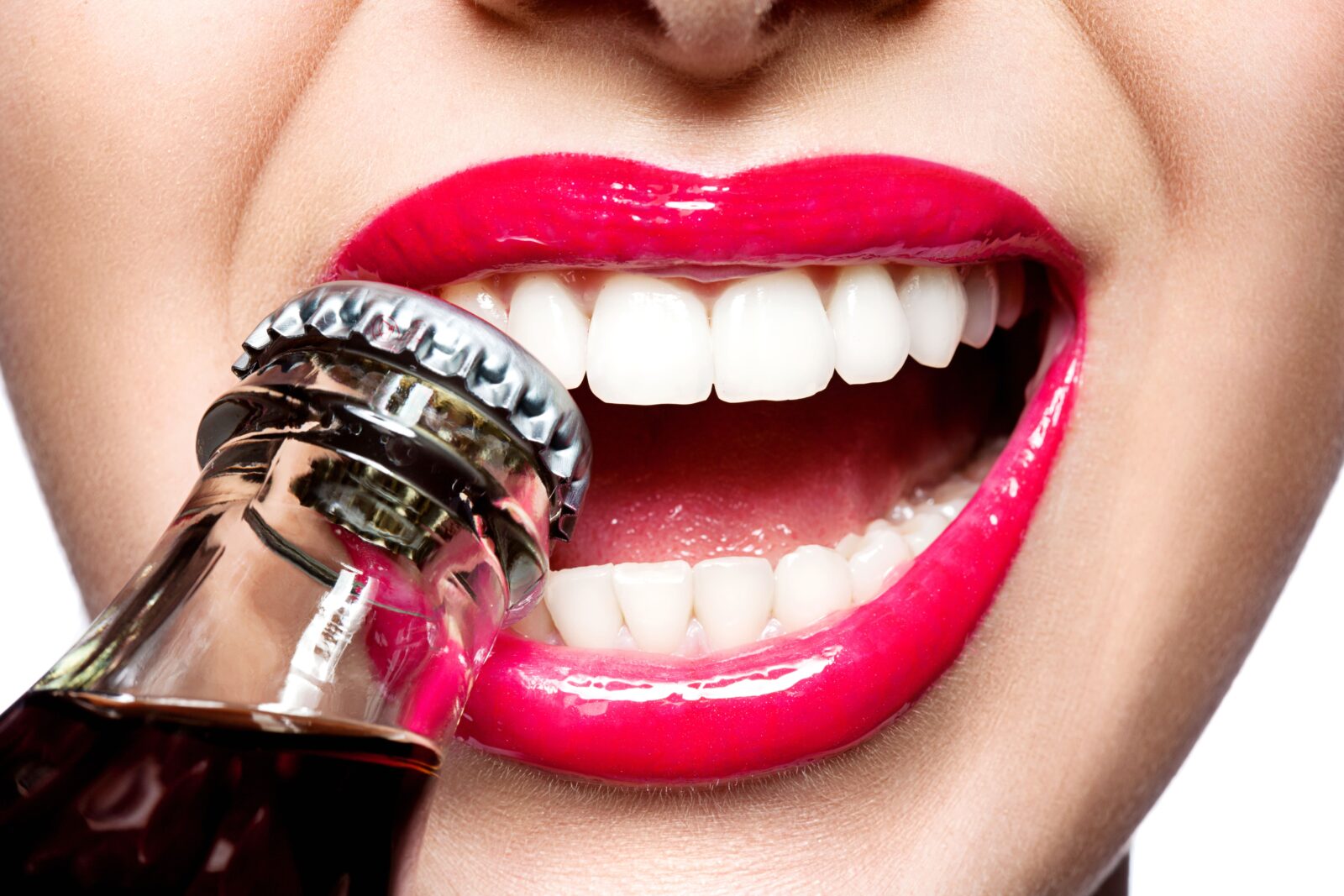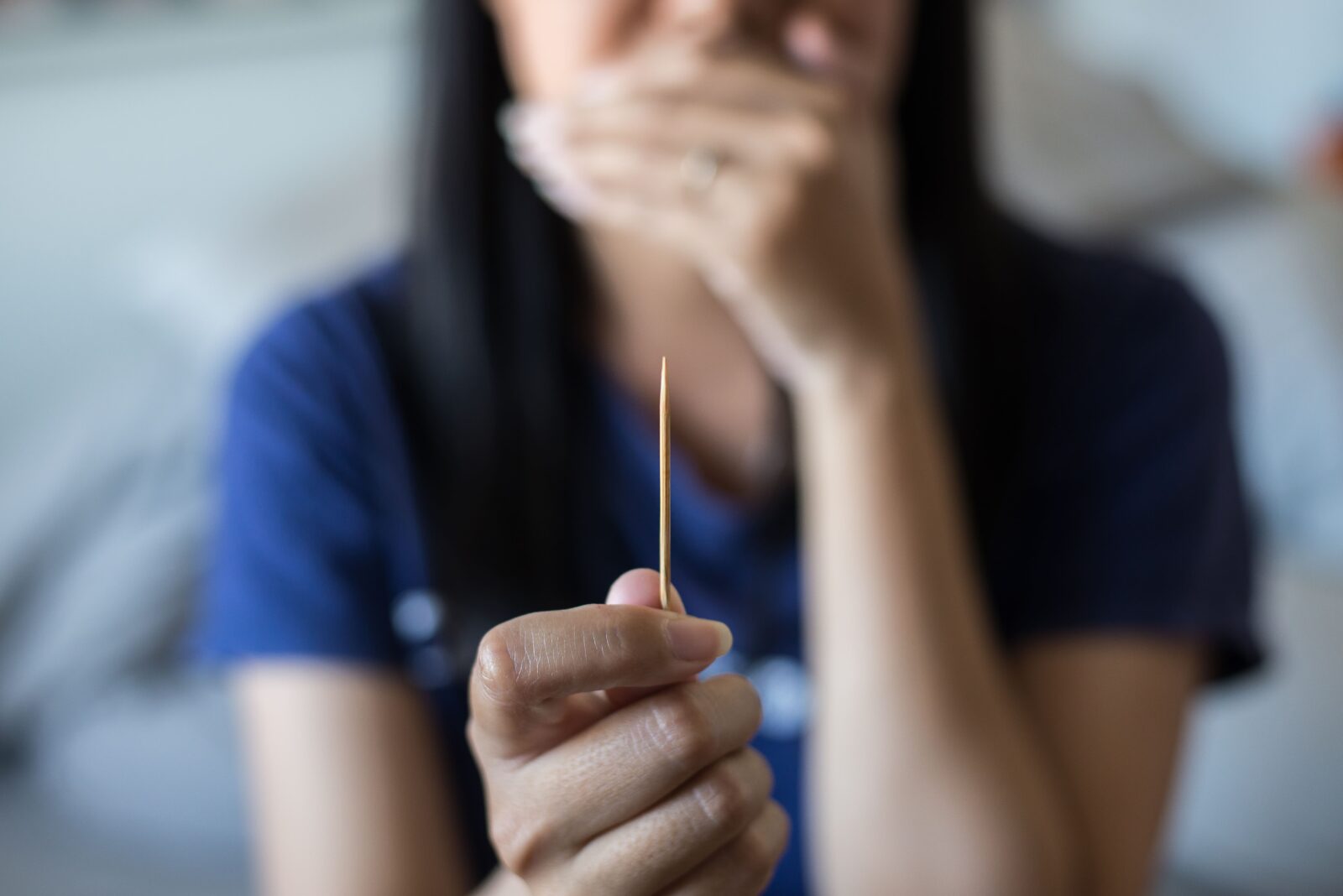Did you know that as many as 90% of adults will have a cavity at some point during their life? Cavities are tiny holes in your teeth that can cause a lot of damage if they aren’t taken care of. Cavities form when bacteria builds up on your teeth and combines with plaque. This creates an acidic environment that eats away at your tooth enamel. If left untreated, cavities can lead to tooth decay and even loss of teeth! In this blog post, we will discuss ten bad habits that can give you cavities.
What is a Cavity?
Cavities are holes in the teeth that form as a result of excess bacteria and plaque build up. Plaque is a sticky substance that coats the surface of the teeth and is full of bacteria. When you eat sugary or starchy foods, the bacteria in plaque produces acids that eat away at your tooth enamel. This can cause small holes, or cavities, to form in your teeth. If not treated, cavities will get larger and can eventually lead to tooth decay and loss of teeth. Not to mention, cavities can cause pain and tooth sensitivity.
Habits that Contribute to Cavities
Now that we know more about what cavities are and how they form, let’s take a look at some harmful habits that can contribute to the formation of cavities:
Drinking Soda
One of the worst things you can do for your teeth is drink soda. Soda is full of sugar and acids that can damage your tooth enamel. The excess sugars feed the bacteria in your mouth, while the acids amplify the erosion of your enamel. Dark sodas can also stain your teeth over time. If you must drink soda, it is recommended to drink with a straw and make sure to rinse your teeth with water afterwards to limit the harmful effects. However, the best thing is to decrease the amount of soda you drink.
Chewing on Gummy Snacks
Gummy snacks are not only bad for your health, but they can also damage your teeth. The sticky texture of gummy snacks can cause them to stick to your teeth and become lodged in between them. This gives the bacteria in your mouth easy access to the sugar, leading to cavities. In addition, the sticky texture of gummy snacks can be difficult to remove and may require multiple brushings to get rid of.

Using Your Teeth as Tools
We have all been guilty of using our teeth as tools at some point or another. Whether it’s opening a package or biting your nails, using your teeth as tools is a bad habit that can damage your teeth. Your teeth are not meant to be used as tools and doing so can chip or crack them. If you chips or cracks in your teeth, bacteria can easily enter and cause cavities.
Grinding Your Teeth
Teeth grinding, also called bruxism, is a condition that affects many people. Stress and anxiety are often the cause of teeth grinding. When you grind your teeth, you are putting a lot of pressure on them which can wear them down over time. This can make them more susceptible to cavities and other oral health problems. If you think you may be grinding your teeth, talk to your dentist about ways to help reduce the problem.
Constant Snacking
If you are constantly snacking throughout the day, you are giving the bacteria in your mouth more opportunities to feed on sugar and produce acids. This can lead to cavities. It is important to brush your teeth after every meal or snack to remove food particles and plaque from your teeth. If you can’t brush your teeth, make sure to at least rinse your mouth with water.
Smoking
Smoking is not only bad for your overall health, but it can also damage your teeth and cause cavities. Smoking stains the teeth and increases the risk of gum disease. Gum disease is an infection of the gums that can lead to tooth loss. In addition, smoking decreases the production of saliva. Saliva is important because it helps to keep your mouth clean and free of bacteria.
Brushing Too Soon
After you eat or drink, it is important to brush your teeth to remove food particles and plaque from your teeth. However, if you brush your teeth too soon after eating or drinking, you can actually damage your tooth enamel. This is because the acid from food and drink can soften your enamel, making it more susceptible to damage. It is recommended to wait 30 minutes after eating or drinking before brushing your teeth.

Flossing Without Floss
Flossing is an important part of oral care. It helps to remove plaque and food particles from in between your teeth where your toothbrush can’t reach. However, if you don’t use floss properly, you can actually damage your gums. Be sure to use a gentle motion when flossing and be careful not to snap the floss against your gums.
Not Maintaining Your Toothbrush
Your toothbrush is your main tool for keeping your teeth clean. However, if you don’t take care of your toothbrush, it can become a breeding ground for bacteria. Be sure to rinse your toothbrush after each use and store it in an upright position to allow it to air dry. Replace your toothbrush every three months or sooner if the bristles become frayed.
Sharing Eating Utensils
Sharing eating utensils with someone who has a cavity can increase your risk of getting a cavity. This is because the bacteria that cause cavities can be transferred from one person to another through shared eating utensils. If you must share eating utensils with someone, be sure to wash them thoroughly with soap and water before using them.
In Conclusion
In this blog post, we have discussed ten bad habits that can damage your teeth and cause cavities. Cavities are no fun for anyone. They can cause pain, sensitivity, and even tooth loss if they are not treated. To avoid cavities, it is important to practice good oral hygiene and avoid the bad habits that contribute to them. By following these tips, you can keep your teeth healthy and cavity-free. Thanks for reading!
